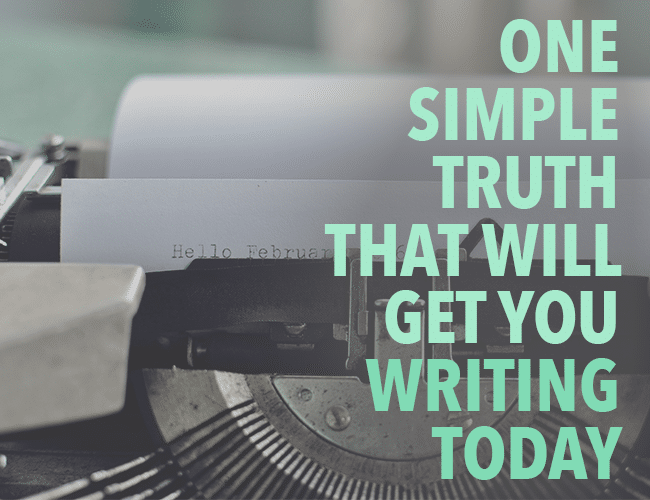
by Guest Blogger |
Think you need just a little more preparation to be the writer you want to be?
I work with young writers. They are fresh and new and often, already discouraged, usually because they are hyper-focused on everything they lack. Most have already begun and abandoned several characters or stories. They say:
“I need to take a few more classes.”
“I just need a little more time, and I’ll be ready.”
“After I get Geometry figured out, then I will write.”
My response? Nope. None of those things will make you ready. So what do we do?
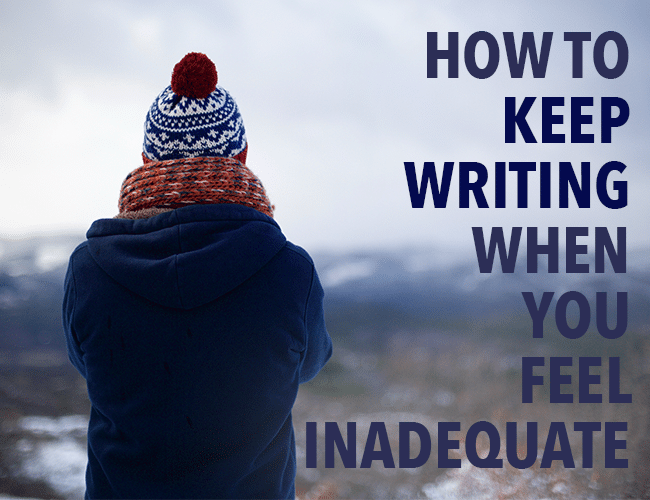
by Guest Blogger |
As writers, we all deal with a lack of confidence from time to time, but some writers feel plagued by it. If you allow yourself to wallow in these feelings, you won’t write enough to improve your work. If you don’t improve your work, you’ll never build a writing career you love.
Use these strategies to keep writing even when you’re full of doubt and insecurity, and ultimately reshape how you think about writing.
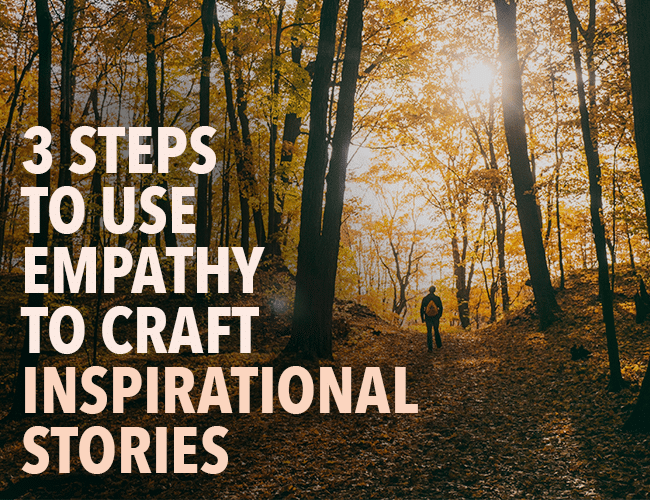
by Guest Blogger |
People love to be inspired. It’s what draws us to stories of underdogs, great achievers, and even, to an extent, celebrities. We love to see how regular people just like us can succeed against all odds.
Storytellers often try to cash in on this audience appreciation for underdogs, but we can easily miss the foundational element of an underdog story: empathy. The reason the audience becomes entranced by the story of an underdog is not because underdogs are fundamentally attractive; we are entranced because we empathize with them.
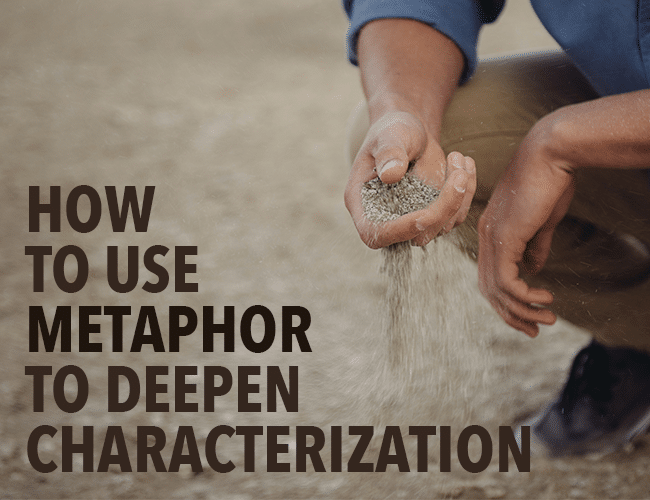
by Guest Blogger |
As a prose writer, I try to suss out where I can deepen and expand my stories, transform a limping clause into a sure-footed guide. Sometimes, as in the preceding sentence, I find metaphor to be the most efficient and evocative tool in my writer’s gym bag.
Metaphor, by conflating two unlike things—often an abstraction like love and a concrete object like a rose (thank you, Shakespeare)—invites readers to connect with our stories via the boundless power of imagination. Or, as James Woods says in How Fiction Works, “[m]etaphor . . . is the entire imaginative process in one move.”
In other words, metaphor helps our stories run smoothly, with steady footing across even the rockiest of terrain, bringing our readers to those stunning vistas seen only from mountaintops.
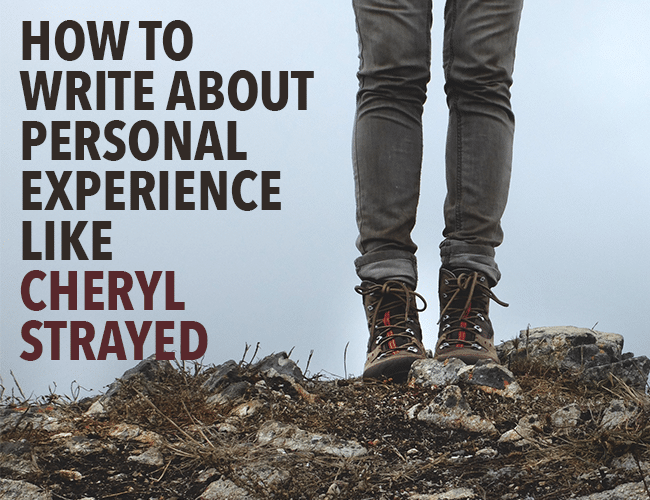
by Guest Blogger |
Have you ever looked back on a piece of your writing and cringed? Not necessarily because of its quality, but because you realize you would write the story differently now that some time has passed. You realize you were impulsive in writing about a life-changing situation, that your views on the experience have changed after having the time to reflect.
As writers, we love to draw from our own real-life stories in our work. Whether in a memoir, a creative essay, or a blog post, we can be eager to document the experiences we go through. Let’s look at the power of personal experiences and the trick to writing about them effectively.







